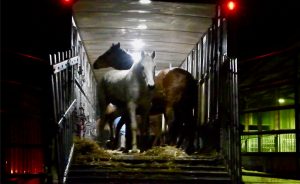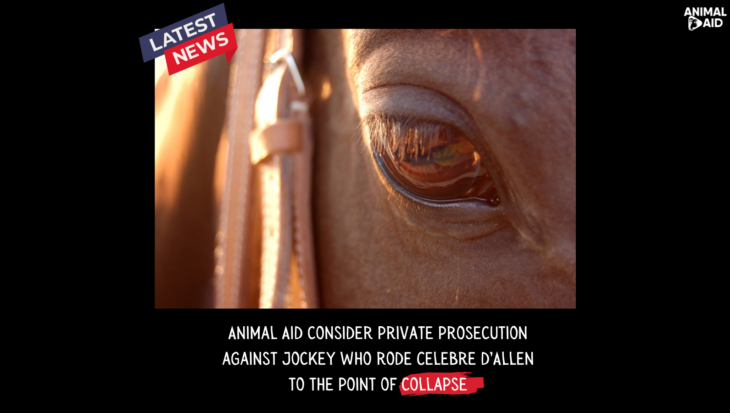FDA roadmap launched – a cause for hope?
Animal Aid heard last week that the US Food and Drug Administration (FDA) were releasing a roadmap about reducing animal experiments. While we rarely find that documents published by government departments echo our own views...
Posted 15 Apr 2025


